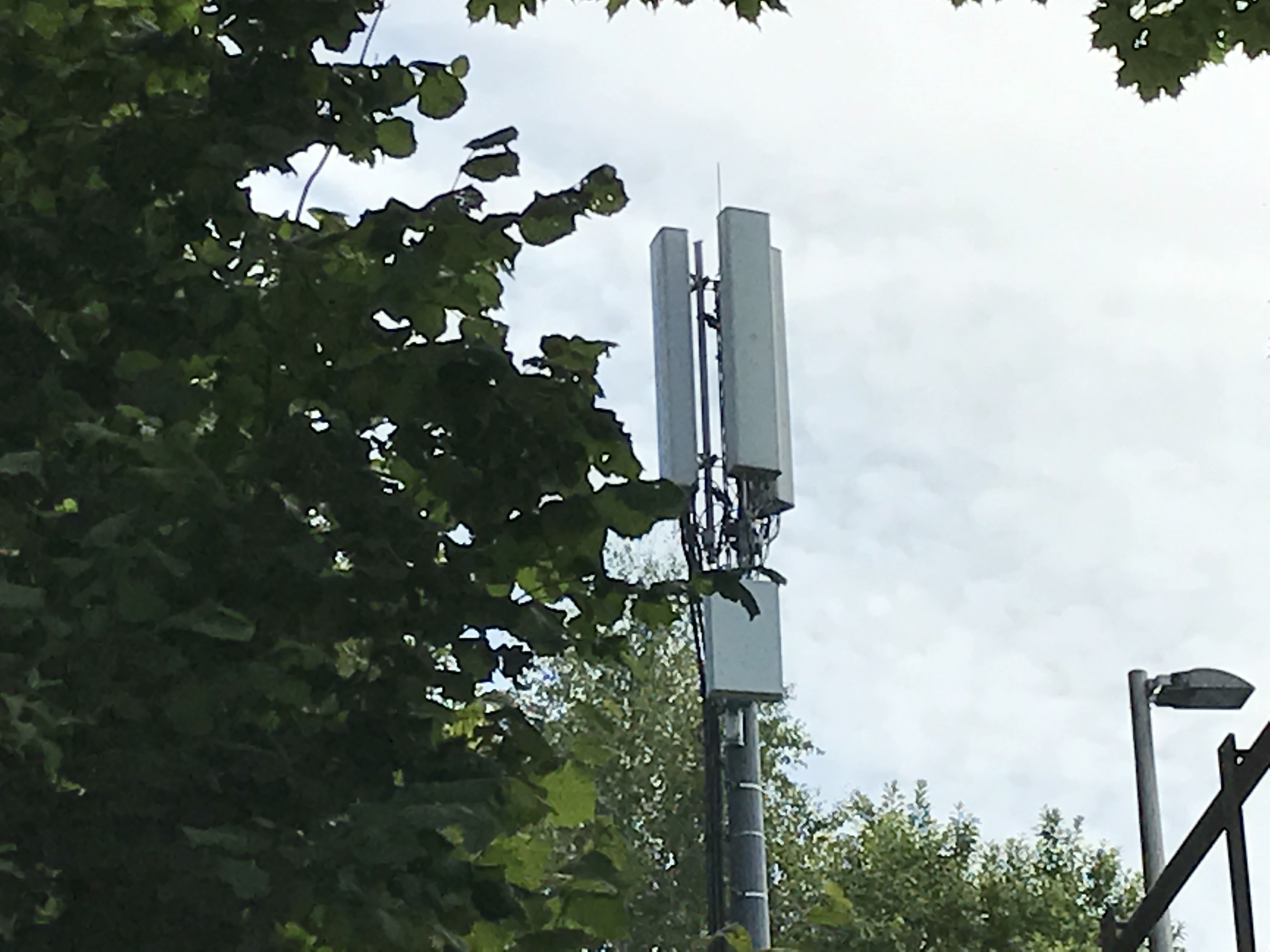

The British communications regulator has proposed authorising the use of satellites to solve the ongoing problem of mobile network not-spots.
Ofcom announced its proposals make the UK “the first country in Europe to move ahead with innovative plans for standard smartphones to make satellite calls.”
The regulator is hoping that the solution will resolve the ongoing problem of mobile network not-spots in geographical (often rural) locations, that have no 4G or 5G signal.
It should be remembered that the government had sought to address the not-spot issue in the UK back in March 2020, when mobile operators BT, Vodafone, O2 and Three UK put aside their differences and reached a final agreement to share network infrastructure so as to eliminate mobile not-spots in mostly rural locations.
The British Government and the then big four mobile operators had pledged £1 billion to create a ‘Shared Rural Network’, (SRN).
Now Ofcom’s proposed to allow mobile networks and satellite operators to connect customers using normal smartphones from space in hard-to-reach areas.
The regulator noted that cutting-edge ‘direct-to-device’ technology means satellites in space can now beam signals straight to standard smartphones, so they can make calls, send texts and connect to the internet when there is no coverage from mobile masts on the ground.
Previously, mobile satellite services from space have mainly been available to a niche group of users, often on ships and aircraft, with specialist handsets that can be expensive.
But Ofcom says if connectivity via satellite services was more widely available, it would “help connect the UK’s most rural and hard-to-reach places. This could mean getting a signal in remote villages and up mountains, and could provide vital back-up options during outages.”
According to Ofcom’s 2023 Connected Nations report, 93 percent of the UK landmass had 4G coverage from at least one operator. The report also found that 71 percent of the UK landmass had 4G coverage from all operators. But 7 percent had no 4G coverage.
In January Vodafone had made what it said was the first video call via satellite from a standard smartphone. The call was made to Vodafone chief executive Margherita Della Valle by company engineer Rowan Chesmer from a mountain in Ceredigion, west Wales, in an area where there is no cellular reception, the company said.
“Given advances in this technology, Ofcom is proposing to allow mobile networks and satellite operators to use mobile airwaves – called radio spectrum – to connect mainstream handsets in the UK,” Ofcom said.
“For years, we’ve seen satellite calls in disaster movies on special handsets. We’re now on the cusp of people being able to make them on their everyday smartphones,” said David Willis, Ofcom’s Spectrum Group Director – Closing connectivity gaps.
“Ofcom always strives to be at the forefront of technological change, and we’re the first country in Europe to press ahead with the next frontier in mobile connectivity,” said Willis. “This would unlock investment, open doors to innovation and growth, and bring much-needed mobile coverage to rural areas.”
Ofcom hopes its proposals will complement existing terrestrial networks and could eventually result in 100 percent of the UK having mobile coverage, including in the UK’s coastal waters, meaning better-connected ships and passengers, or for back-up mobile coverage during power outages, and to improve emergency 999 services in remote locations.
Under today’s proposals, Ofcom would authorise these direct-to-device services using a range of frequencies that are already used by the mobile sector, and there would be strict conditions attached to avoid interference.
To ensure the conditions are followed, Ofcom said it is considering three authorisation approaches. “Our preferred approach is to amend the licences already held by mobile network operators and create an accompanying exemption for mobile handsets connecting to these services. Alternatively, we could introduce a new licence for these services or permit licence exempt use subject to specific conditions being met,” it said.
Ofcom said its consultation on these proposals closes on 20 May. Subject to the feedback it could potentially make a decision and begin authorising direct-to-device services later this year.
Some smartphone manufacturers also offer a solution. The Apple iPhone 14 and later models for example support satellite services, but only for low-bandwidth uses such as emergency text messages or sharing a user’s location.
Similar services are supported by Google, Samsung and other devices.
Meanwhile T-Mobile US and SpaceX’s Starlink are testing satellite-based text services in the US, with plans to expand into voice and data.
American space agency prepares for testing of Boeing's Starliner, to ensure it has two space…
As UK and Europe develop closer military ties, European Commission says it will invest €1.3…
Zuckerberg seeks to revive Facebook's original spirit, as Meta launches Facebook Friends tab, so users…
Notable development for Meta, after appeal against 2021 WhatsApp privacy fine is backed by advisor…
First sign of shake-up under new CEO Lip-Bu Tan? Three Intel board members confirm they…
Trump's nominee for SEC Chairman, Paul Atkins, has pledged a “rational, coherent, and principled approach”…